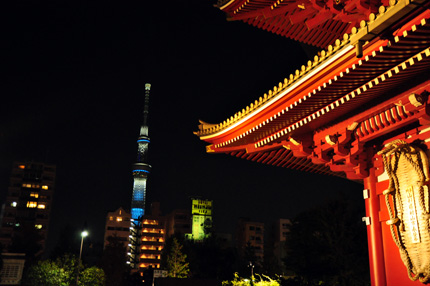
As the video introduction below explains the Japanese electorate gave a mandate to the present Government to go further than any other administration to address the highly controversial deployment of US Military Bases as stipulated by the post-War constitution which came out of the occupation after Japans defeat in World War II.
Mr. Daisuke Tsuchiya is officially designated as Deputy Director Japan Information and Cultural centre , Embassy of Japan ( London , UK).This makes him a quasi-diplomat and , by , previous experience in his career as translator to 3 past Japanese Prime Ministers as well as a delegate to negotiations with the US Military about a host of Japan Civil/US Military covenants a highly skilled and consummate , gifted , political mine-field operator.
Normally a lecture even broaching , yet alone titled , the highly delicate , and ever contentious topic of US Military bases on Japanese Sovereign territory would be one that The Japanese Embassy would not openly discuss in a public setting with an open question and answer session to clarify the concerns and position of the Government of Japan to this post War arrangement.
But the recent elected Government in Japan was elected on a platform to address the serious matters of the Japan/US Military arrangement and also to resolve long standing resentments in Japan about the Strategic value and Civil disruption of the US presence.
So it was most welcome to hear this informative lecture from an Official with insider knowledge and understanding of this delicate and touchy topic.
The first issue to the understanding of US Military Bases situation is the current constitution of Modern Japan written after the War and applied in 1950 with Article 9 stating a formal Military posture in which the US provides for the shortfall of the Japanese commitment to never engage in forward posture warfare , nor to have a large Airforce , nuclear capability or a Naval regional strength.This means Modern Japan is in a dependency constitutional relationship to have a permanent US Military presence on its soil regardless of popular domestic support or not.
From the US point of view the strategic importance of the Island of Okinawa is of infinite military and forward force projection value as it can house a massive Air and forward assault combat Marine component to police an area of immense political value in terms of future US leverage in South East Asia and China.
Okinawa house more US military than nearly all the other Bases in Japan combined as far as active forces ready to intervene at short notice is concerned.At points over 75% of the Island was in effect US sovereign soil as Base Agreements with Japan make Japanese Law inoperable , in most cases even crimes , sometimes violent crimes like rape , perpetrated by US personnel outwith the Base confines cannot be acted upon by Japanese Law enforcement without the express consent by the US Military.
Okinawa was the only portion of Japan which was occupied by the US during World War II , in a massive battle which yielded a quarter of a million casualties , including over 100,000 civilians.The US used the Island to bomb the Japanese mainland and retained the Island under its protectorate until 1972 , when it was finally handed back into formal Japanese sovereignty.
The conclusion of the talk was that though the present Japanese Government may be able to extract some concessions from the US , over superficial matters such as reduction of night-time flying and noise pollution protocols the US arrangement with Japan in terms of Military presence is more an extension of the defeat in World war II , than a mature Joint Covenant for the 21st Century.This was borne out by the extremely intelligent questions in the Q&A session in which , one, asked if Japan could not still honour the stipulations of Articles in its Constitution by having Joint Military protection agreements with some other powers than the US.There was no need to answer that question.
Another question which was tactfully played with a straight bat was , is the US Military presence in the region a stabilising factor between regional agreement or a catalyst for perpetual and ever rising tensions.
No comments:
Post a Comment